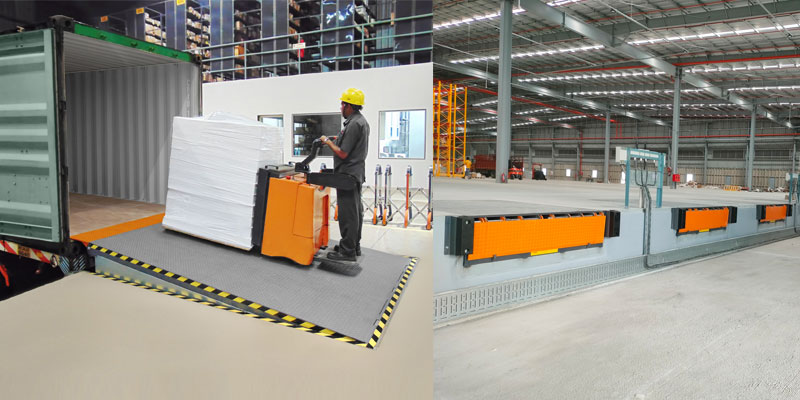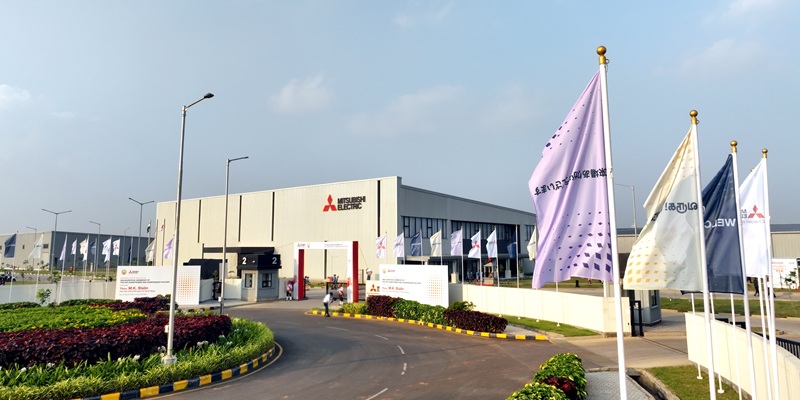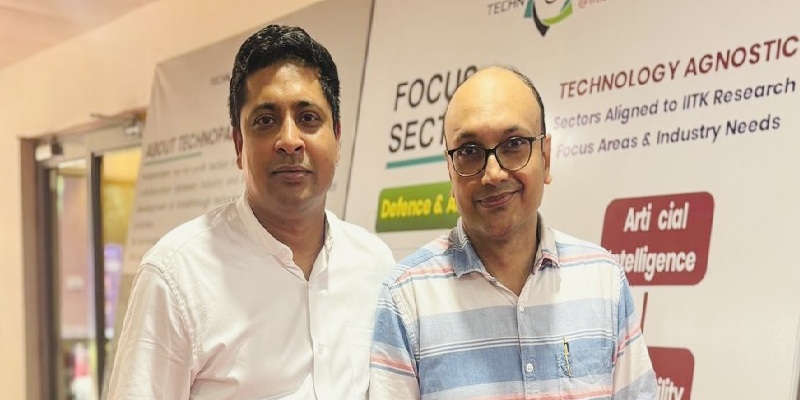Schedule a Call Back
Skilled workforce: Driving the future of EV manufacturing
 Articles
Articles- Jul 27,24
Related Stories

India is at a pivotal ‘Make in India’ inflection point: Manoj Patil
In this interview, Manoj Patil, Promoter and Managing Director, Patil Automation Limited, outlines its growth journey, capacity expansion, acquisitions, design-led approach, market challenges, and t..
Read more
Gandhi Automations Redefines Loading Bay Safety with Dock Levelers
Gandhi Automations strengthens loading bay efficiency with EN-compliant dock leveler solutions.
Read more
Salvagnini Italia Hosts Global Doors & Frames Industry Leadership Meet
Executives from 20+ countries met in Italy to discuss automation, flexibility and manufacturing complexity in doors and frames.
Read moreRelated Products

Automotive Oil Pump
Kalpak Auto Pvt Ltd offers a wide range of
automotive oil pump.
Tata Motors unveils facilities for development of Hydrogen propulsion tech
Tata Motors, India?s largest automobile company, unveiled two state-of-the-art & new-age R&D facilities for meeting its mission of offering sustainable mobility solutions. The unveilings constitute of Read more
Tata Motors plans petrol powertrain for Harrier and Safari SUVs
Tata Motors is in the process of developing a new petrol powertrain for its premium sports utility vehicles, the Harrier and Safari, as confirmed by a senior company official. Currently, these models Read more
















